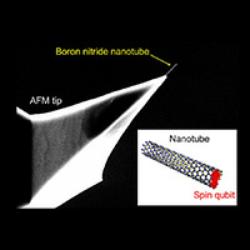March 28, 2025
Purdue researchers' AI-powered soil sensors could improve crop farming
"Right now, a soil moisture sensor, you'd have about 1 of those per 100 acres. In the future, you might have hundreds, or even more, per acre," said David Love, the Nick Trbovich professor of electrical and computer engineering.










